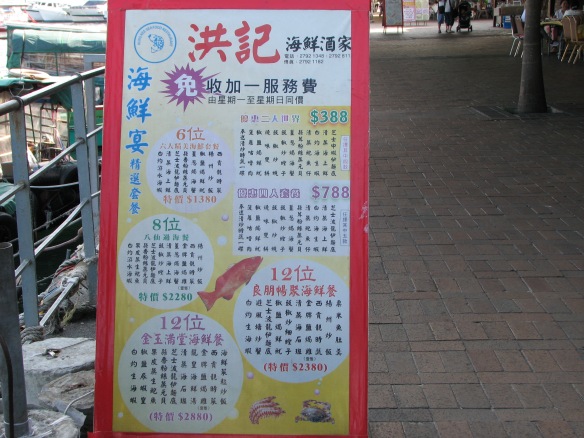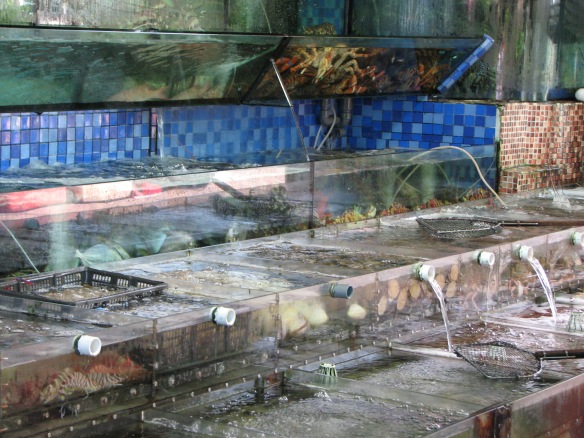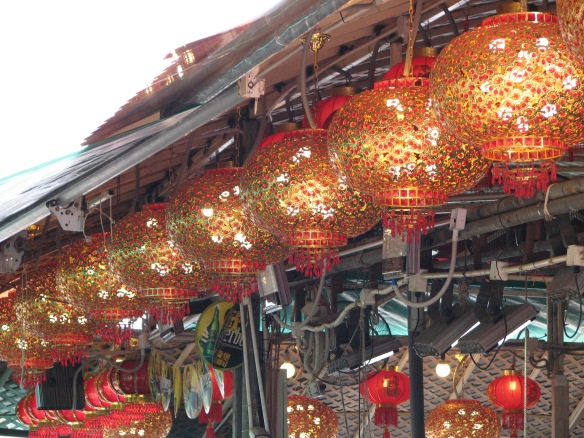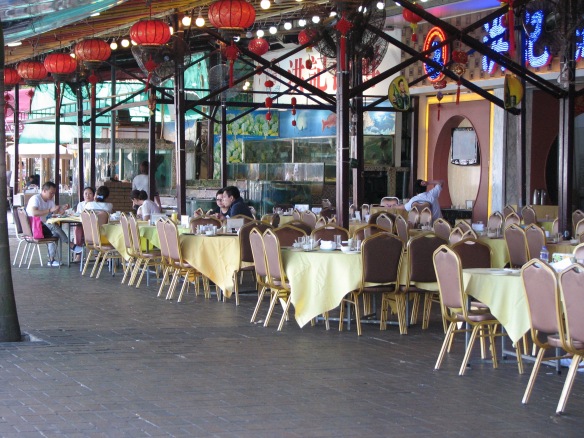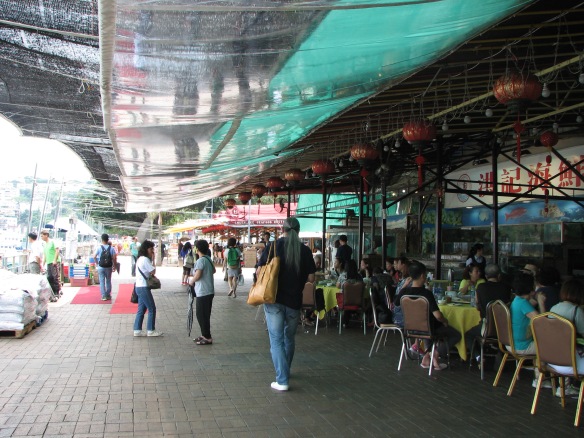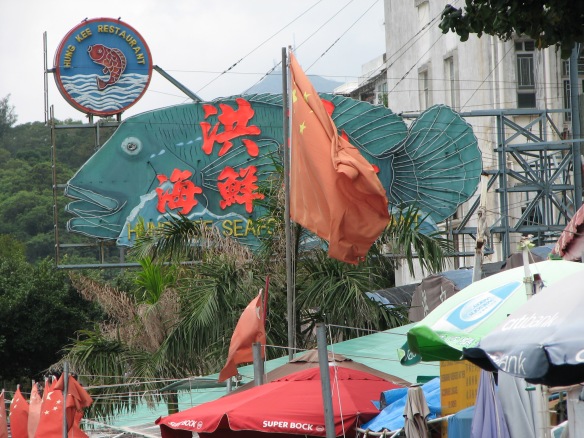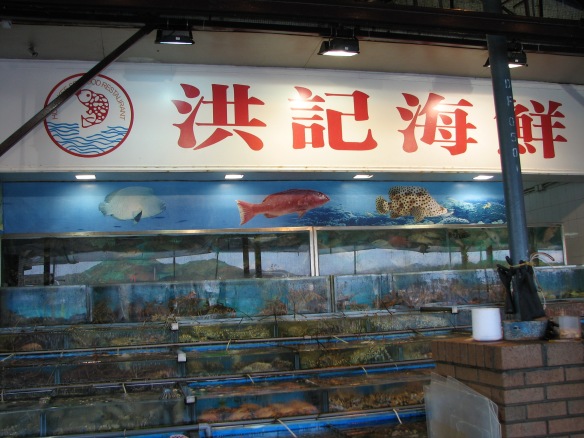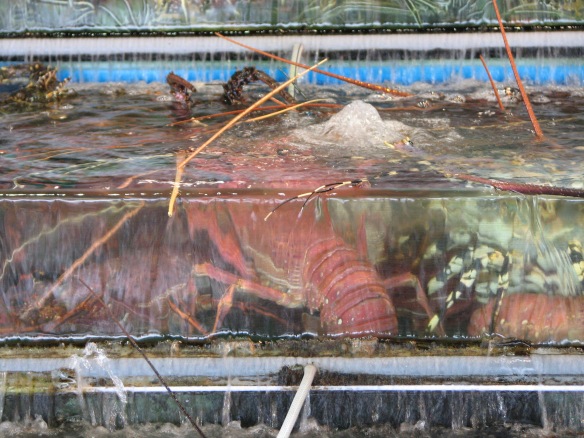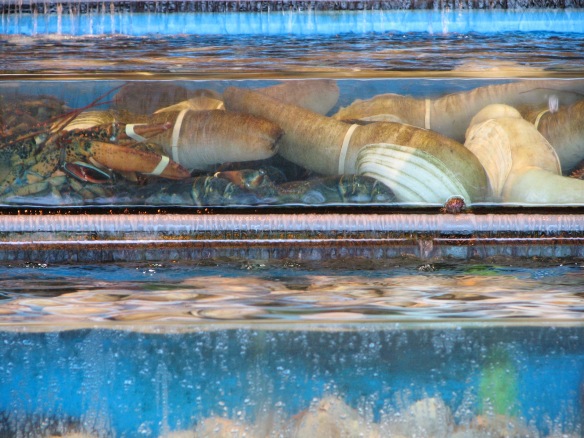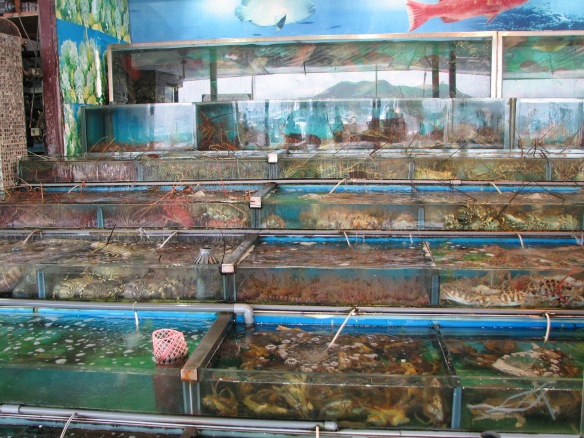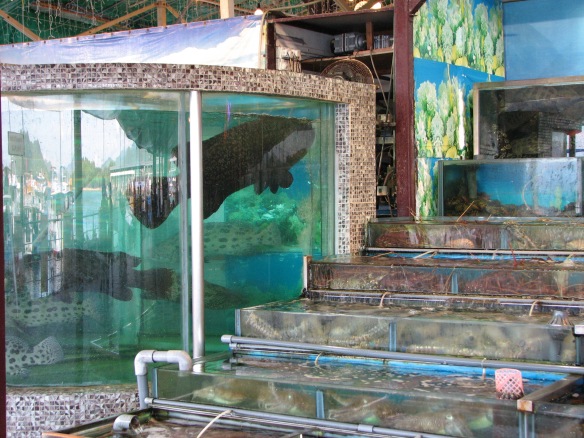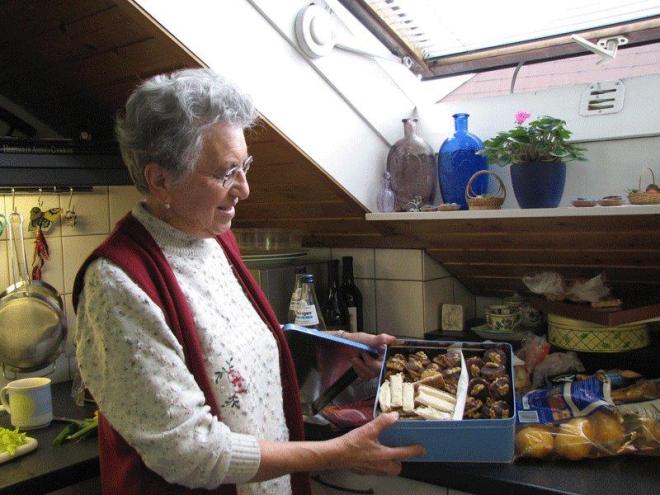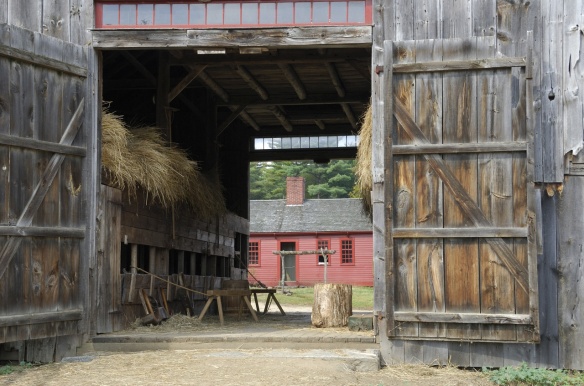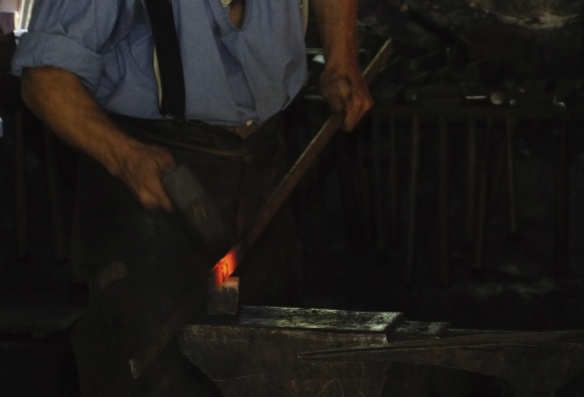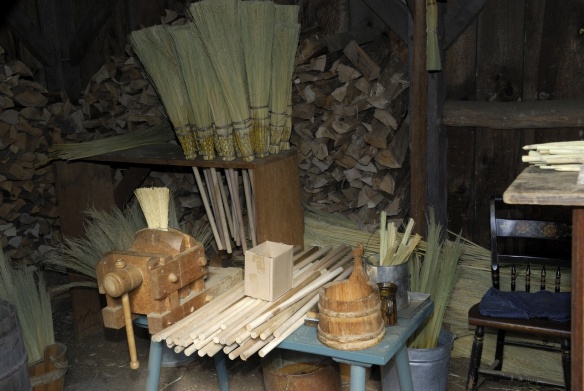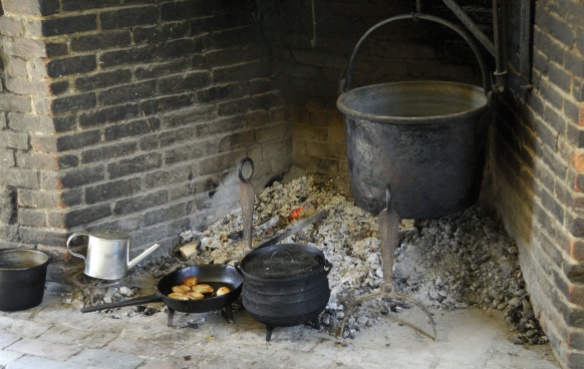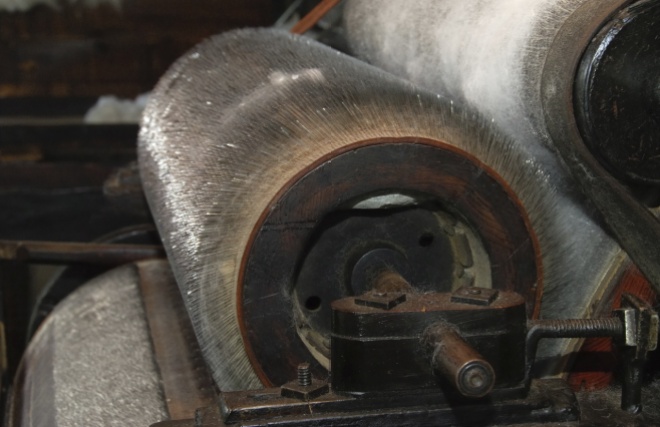Cass is eating too, but she pauses and frowns. “You mean Nine-Eleven when I was little?”
Her question reminds me of how I’d stumbled around an explanation about what happened with my daughters.
“No,” Keith shakes his head at her, “way earlier. Way before all your times. In the 1960s, there was a total black out on the East coast. No one knew what’d caused it. Information didn’t get out as fast. No computers, and no Internet.”
“It was 1965,” Sue states. “November. We were living in Connecticut. We’d just moved into this little ranch house, kind of a fifties bungalow, not quite a row house. A starter home, they called them. I loved our little house!” She beams with pleasure and places a hand on Keith’s for a second.
He smiles as he enjoys his sole.
“It had three bedrooms so the kids each got to have their own room, and a long back yard. Keith hung a hammock out there and we had a picnic table and a grill.”
Both eat as they reminisce. “The kids were little. They were outdoors with friends, playing.”
“Lynn and Jeffrey were, what, six and ten years old? Something like that.”
Sue nods. “I went to start dinner and the lights in the kitchen were out. The refrigerator light, too. I figured a power outage. Then our neighbor Irene Robinson knocked on the door; they had the same problem. So the two of us stood on the stoop trying to understand what had happened. It was getting dark and I was about to call the kids in when Irene said, ‘Shouldn’t the street lights be on by now?’ She was right; the streets were dark in any direction as far as I could look. Everything was.
“We realized it must be a blackout. I called the kids in to get ready for dinner. I figured I’d have Keith fire up the grill.”
Keith speaks up. “Lynn and Jeffrey would’ve eaten grilled hamburgers and hotdogs every night if they could.”
“And corn on the cob,” Sue adds.
I’m already nodding in agreement with both statements. My three kids are wild about meals outdoors on the picnic table. Louie prefers a good pork sausage to a hotdog, but he’ll eat a burger any chance he gets.
“My Petey, too,” Timber chimes in. He presses his foot against mine under the table and gives me a special smile. My stomach flutters and I smile back, our conversation in the car forgiven.
“Us too!” Jolie and Cass contribute.
Three generations represented by four adults and two almost adults in a fancy seafood restaurant agree: all children love summer meals.
“So there we were,” Sue resumes. “My freezer thawing as I stood and watched. Keith and I had a confab and decided we’d do a smorgasbord. Cook everything. To throw out perfectly good food isn’t just wasteful. It would have been sinful. Back then, people were frugal.”
“Of course, in the ‘sixties people worried more about food going bad. Stuff didn’t have shelf lives like they do today! Except Twinkies,” Keith adds.
His wife doesn’t miss a beat. “Hey. Don’t knock my emergency go-to snack in those days. Moms need one thing that never gets stale! So Keith starts the grill. I seem to remember there was a full moon that night…. I made an inventory of what we had to cook. About the same time Irene was back at the door. The Robinsons had the same idea. How about we combine meals? I’d been saving two T-bone steaks for special. God knows when I thought that evening was going to arrive. Anyway, the adults split them while the six kids ate burgers and hot dogs. Irene had giant turkey drum sticks and we rigged an aluminum packet with those and a can of tomatoes. Remember, Keith?”
“Yeah. It was messy.” His eyes are soft as he recalls a meal eaten more than half a century past.
Both old folks are silent for a minute as they relive the evening.
Timber and I are silent too. I relax into their memory.
Cass seems fascinated too. “You never told this story before, Gram. Neither has Mom. Did she understand there’d been a blackout?”
“I never explained. We never talked about it, not that night and not after.” Sue stares down at her meal and I’m shocked at how haggard her face grows. “That night I thought, This is it. The world’s coming to an end. Russia had invaded. Or Martians; didn’t matter which. When electricity on the eastern seaboard went out, it had to be a foreign attack. And if my government hadn’t been able to prevent that, I’d better get ready for the end. I was grateful to be with my family.” She’s somber, softer. “I knew I’d shield my children as long as possible. I told them the TV and radio weren’t working, and how about we treat it like an early Night before Christmas? It seemed that quiet to me, the full moon outside, the glow of coals in the grill out where Keith and the six kids were making s’mores.” Sadly, Sue adds, “Our son died in a car accident a few years later. That was still ahead of us.”
© Jadi Campbell 2016. From Grounded. Go to following link to order my books: https://www.amazon.com/author/jadicampbell


